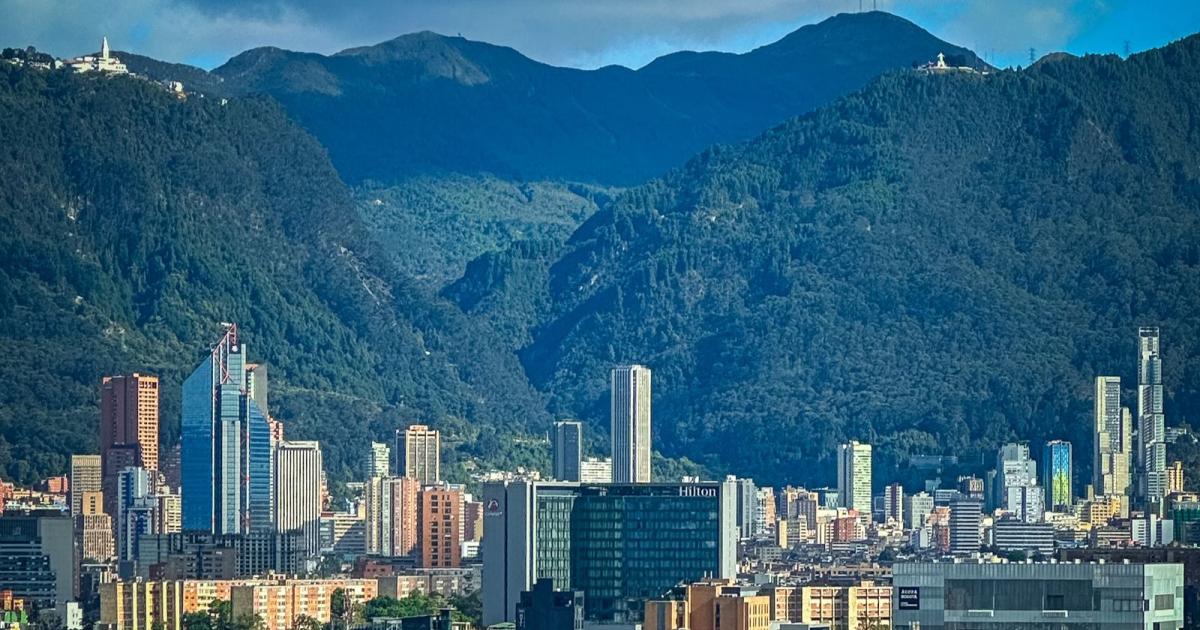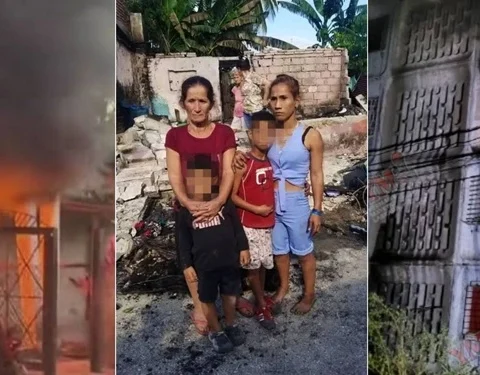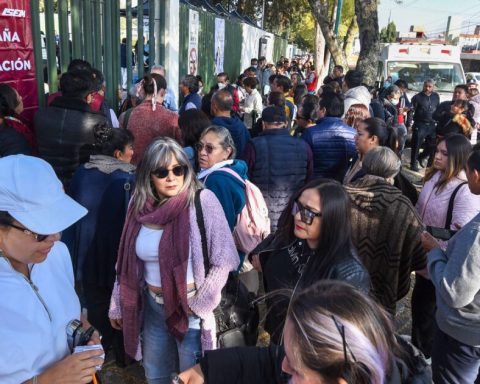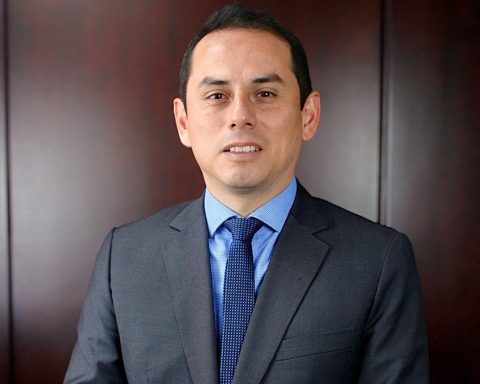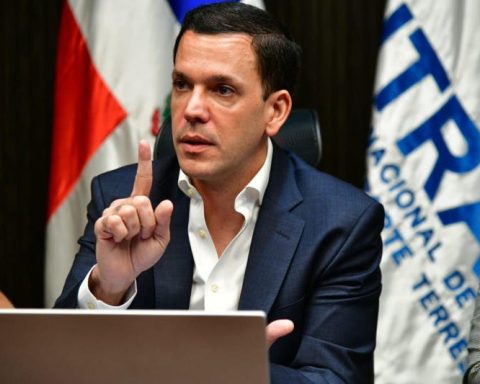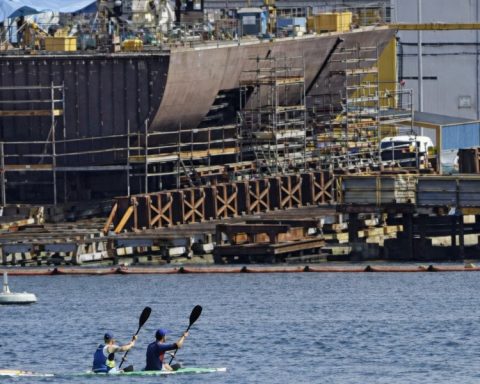The high advisor of International Relations gave details of the balance.
Within the framework of the first year of internationalization of Bogotá, Mayor Carlos Fernando Galán presented an assessment of the progress achieved on different frontss, highlighting the support of the national government, the collaboration with the Ministry of Foreign Affairs and the private sector, and the initiatives promoted by the District Tourism Institute.
During his speech, Galán stressed that the main objective of this strategy was place the Colombian capital on the international map.
He also highlighted the local government’s efforts to provide assistance to the Venezuelan population that has arrived in the city in recent years, recognizing the challenges that this migration has posed.
You may be interested in: President Petro and Mayor Galán announced solutions for health, transportation and water in Bogotá
In his dialogue with Sandra Borda, high advisor of International Relations, It was highlighted that, while migration involves complex challenges, it also opens up new opportunities if managed with a clear strategy and effective leadership.
Both agreed that international efforts were key to solving problems such as waste management and forest fires, areas in which Bogotá received technical advice from different parts of the world.
Likewise, Galán assured that the internationalization strategy allowed the city to obtain information and resources to face internal challenges such as water management and water security.
International cooperation, according to the mayor, was essential to implement innovative and sustainable solutions that help Bogotá confront increasing climate change and other environmental problems.
More facts: Mayor of Bogotá warns of sanctions against contractors for delays in construction of the Usme hospital
Regarding waste management, Sandra Borda pointed out that Bogotá, being a large city, faces specific challenges in this area. However, he highlighted that collaboration with other international cities, such as Paris, allowed valuable experiences to be gained to move towards a circular economy model.
”The transition is not just about collecting garbage and taking it to a landfill, but about minimizing the amount of waste that is generated“said Borda, referring to the strategies adopted in various cities around the world.
The balance of the first year of internationalization showed that, despite the challenges, Bogotá made significant progress in its global positioning, consolidating strategic alliances and receiving support from actors key international organizations to address the problems facing the city.
Source: Integrated Information System
